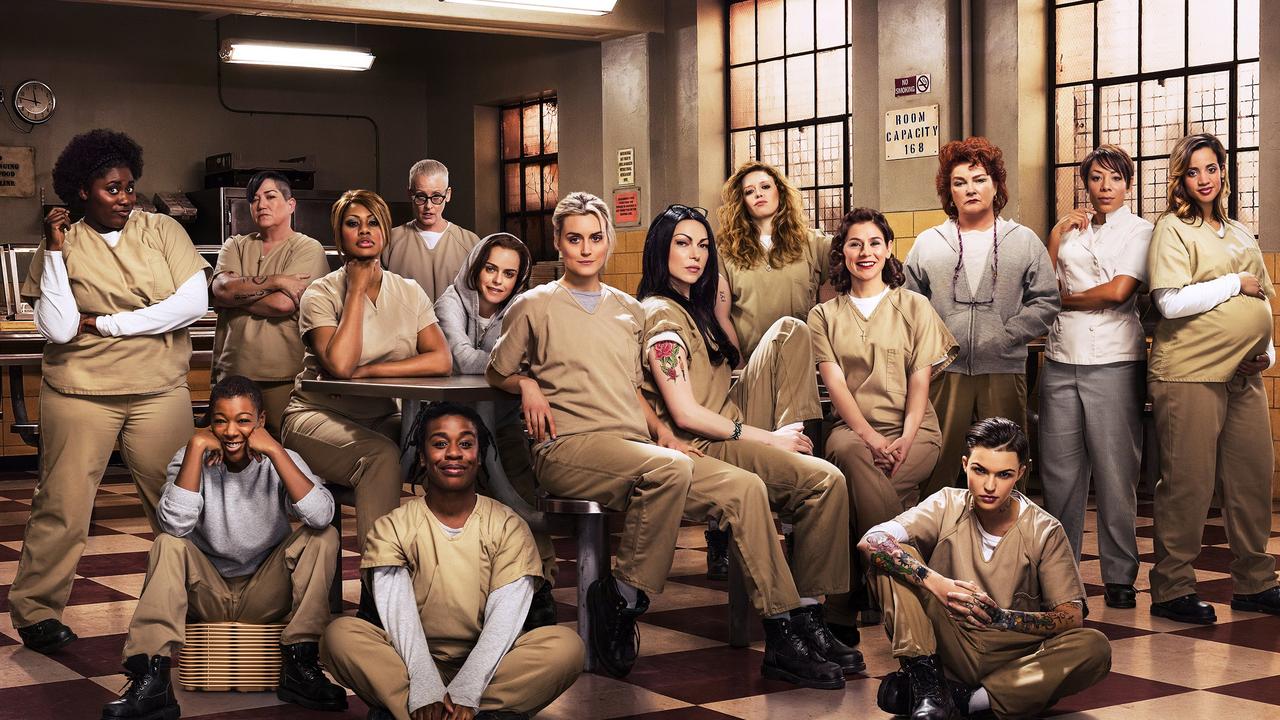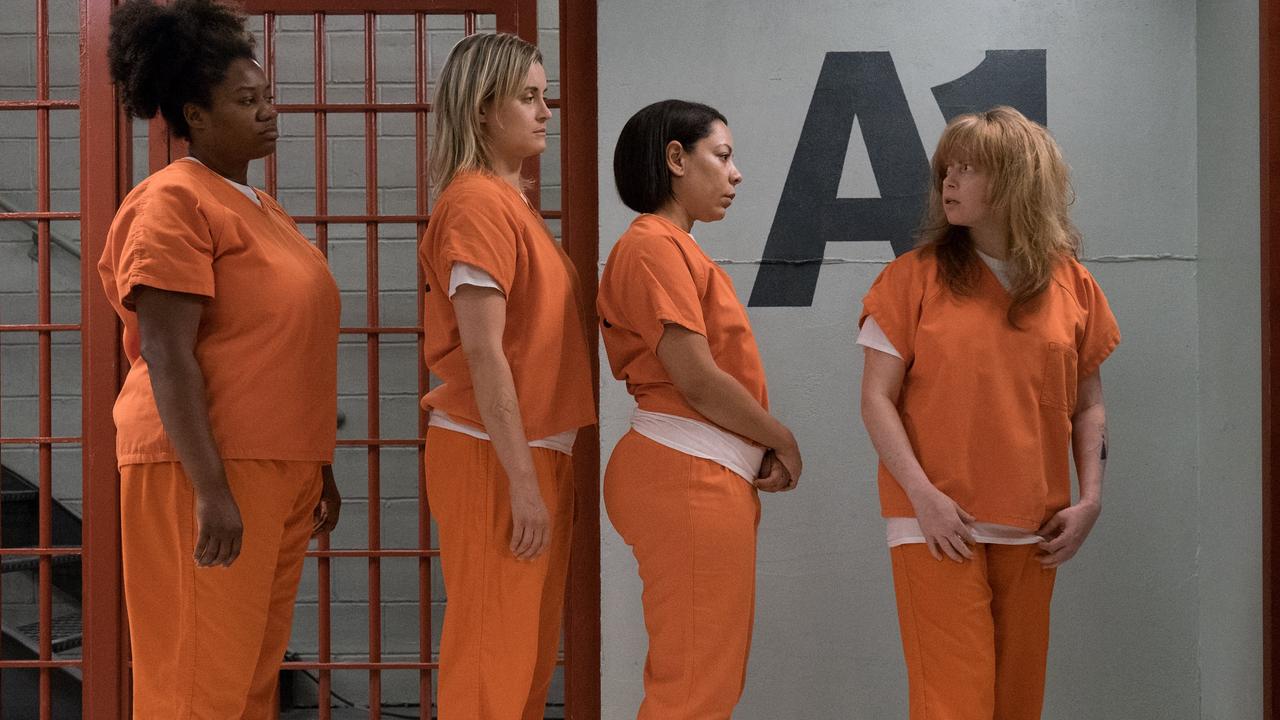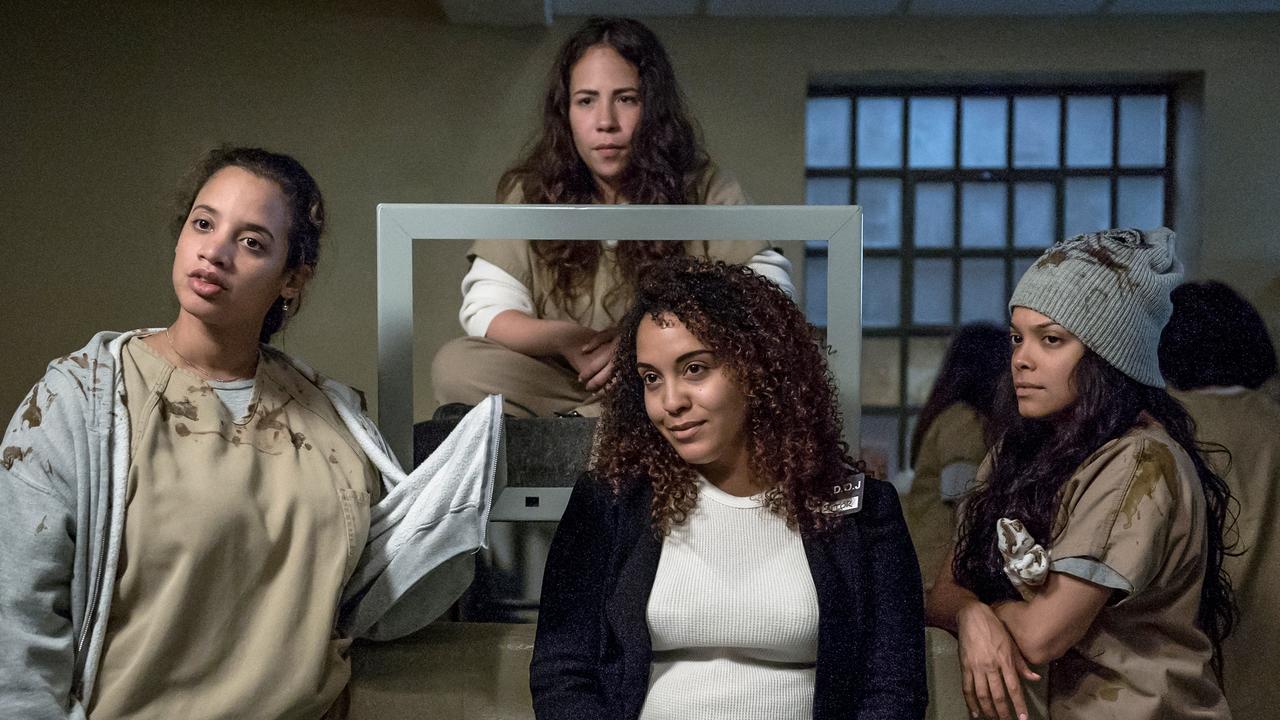Orange Is The New Black stars slam Netflix over paltry pay
As Hollywood goes on strike, the cast of Orange Is The New Black have gone public to expose Netflix over their paltry earnings.

Orange Is The New Black helped establish Netflix as an actual competitor to network television, arguably setting the stage for the streaming economy that blossomed in the following decade.
But a damning new report from The New Yorker reveals many members of the show’s cast were unfairly compensated during its run on Netflix from 2013-2019 and in the years since.
“We all took a risk together,” actress Alysia Reiner said. Reiner played Warden Natalie “Fig” Figueroa, who appeared in 47 episodes throughout the show’s seven seasons. “And the reward for Netflix does not seem in line with the reward for all of us who took that risk. I can go anywhere in the world and I’m recognised, and I’m so deeply grateful for that recognition. Many people say they’ve watched the series multiple times, and they quote me my lines. But was I paid in a commensurate way? I don’t think so.”

The show was known for its unique ensemble cast that mainly featured women of varying backgrounds and appearances, which you didn’t often see in television at that point. But the size of the cast meant not all of the actors involved were considered series regulars, which further affected how much they got paid.
The report notes that the series regulars eventually received up to $US200,000 per episode, but supporting cast members often earned no more than $US15,000. Cast member Lori Tan Chinn, who appeared in all seven seasons of the show, revealed she made so little she was considering going on food stamps.
The report also shared an anecdote where Ted Sarandos, who was then Netflix’s chief content officer and now serves as co-CEO, bragged that more people were watching Orange Is The New Black than Game of Thrones.
“I remember all of us thinking, ‘Give us the money!’ But we were always saying, ‘Give us the money.’ We were keenly aware that we weren’t being paid,” actress Lea DeLaria recalled. “I get twenty dollars [in residuals]! I would love to know: How much money did Ted make last year?”

“As the seasons progressed, we started to get more disgruntled about money, mostly because of how incredibly popular the show was,” one unnamed actor said. “And then it felt, like, Well, my friends on network shows are incredibly wealthy.”
Despite the recognition they gained, many of the cast members say they continued working day jobs while on the show. DeLaria, who played audience favourite Big Boo, continued doing stand-up. Actress Diane Guerrero, who played Maritza Ramos, also continued working at a bar where she said she was often recognised.
When Kimiko Glenn, known for playing Brook Soso on the hit series, shared a video that showed just how much she earned in residuals from the show (a paltry $US27.30), actor Matt McGory admitted that he kept his day job “the entire time” he was on the show.

“It paid better than the mega-hit TV show we were on,” he commented.
The report directly coincides with SAG-AFTRA voting to strike after the union failed to reach an agreement with the Alliance of Motion Picture and Television Producers (AMPTP) – which includes major studios and streaming services such as Amazon, NBCUniversal, Disney, Apple, Paramount, Warner Bros. Discovery and Sony.
Part of their demands include “seismic changes” in pay and media residuals that reflect the growth of streaming services.
Series creator Jenji Kohan and lead stars Taylor Schilling and Laura Prepon did not offer comment in the piece.
This story originally appeared on Decider and is republished here with permission.





